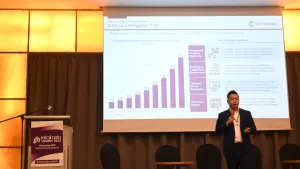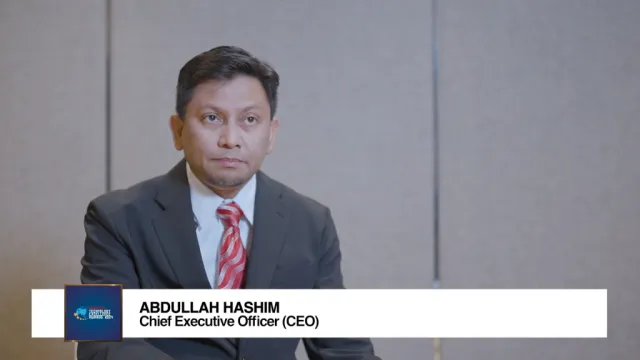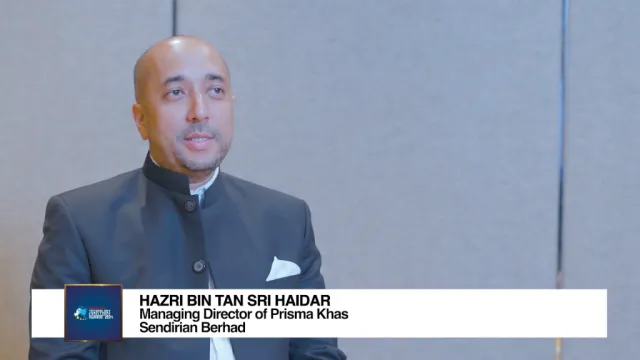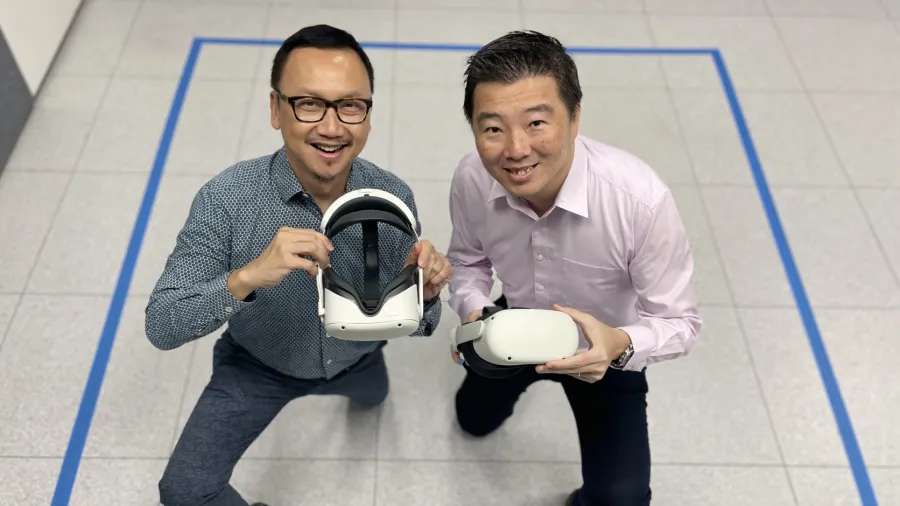
Tan Tock Seng Hospital develops virtual reality for staff training
Virtual Reality (VR) training is scalable and creates a risk-free environment to equip healthcare staff with necessary skills at a fraction of the cost.
Tan Tock Seng Hospital (TTSH) has launched its first VR learning platform, My Care VR, in collaboration with the Centre for Healthcare Innovation (CHI)'s Kaizen team. The aim of incorporating VR is to enable healthcare staff to learn and practice using VR in a safe and controlled environment.
With a keen understanding of the crucial role practical experience plays in honing skills, Loo Wei Hann, manager at the Kaizen Office in the CHI, spearheaded the accelerated development and testing of VR training at TTSH with his team.
Unlike traditional learning, Loo explained in his interview with Healthcare Asia how VR training is more efficient because it can be done anytime and anywhere, overcoming operational constraints such as manpower and logistics needed for in-person training.
VR training is also cost-effective and scalable since it can be easily deployed and used on multiple devices, Loo added. These discoveries led to launching of the first VR scenario of MyCare VR in January 2023.
"Our staff will be able to keep practising until they feel competent and ready before they apply to a real-life project," Loo said.
In another interview on the subject, Associate Professor Wong Hon Tym, clinical director at CHI, also told Healthcare Asia that VR is huge and unexplored in healthcare. Still, it is the fastest-growing modality in the sector.
Wong said that one advantage of adopting VR technology is its ability to prepare healthcare staff for delicate situations under reduced risks since the training is conducted in a virtual reality environment.
"By creating these immersive and very realistic training environments, VR can improve the training for healthcare staff and the patient's outcomes and experiences," he said.
How the VR works
The scenario being used for VR training is a blood-taking scenario, where staff can apply the lean knowledge they acquire to optimise the blood-taking process and reduce the time taken for each patient.
Loo said the training follows a lean programme, 6S, which equips staff with a structured problem-solving methodology to improve work processes and environments.
To ensure accuracy, Loo said they worked with the outpatient clinic to co-develop the storyboard for the blood-taking scenario, emphasising the need for realistic depictions to facilitate learner engagement.
Loo outlined four crucial steps to plan, develop and execute effective VR training, which includes defining the training objectives and establishing goals; budgets and technical requirements; content development; and support and guidance for the staff.
As part of the VR development process, Loo said they invited end-users to test and provide feedback at various stages to improve the scenario and ensure that it can cater to a diverse group of learners
He also revealed that since launching the VR in January 2023, 100% of the participants agreed that the VR application has enhanced and deepened their understanding of lean knowledge.
Risks and Limitations of VR
Like any technology, VR has its risks and limitations, so Loo's team pinpointed the possible challenges and was up to speed in addressing them.
Cybersecurity is one of the risks identified, and to mitigate this, Loo said they stored data strictly within the headset, ensuring that it was not connected to the internal network.
Another issue is the potential for motion sickness when using VR goggles. Loo said this is being addressed by advising participants to pace their movement slowly to avoid discomfort.
Outlook
Moving forward, Loo said they are looking to extend the VR module to community care partners soon. When asked if the programme may be available at home, Wong said if the VR tech becomes more cloud-based, staff members would not need to travel to the office to get the module.
Wong said the CHI office also eyes the use of VR for surgical operations training in which a surgeon can have a VR plot of a patient's abdomen or any organ they need to operate on.







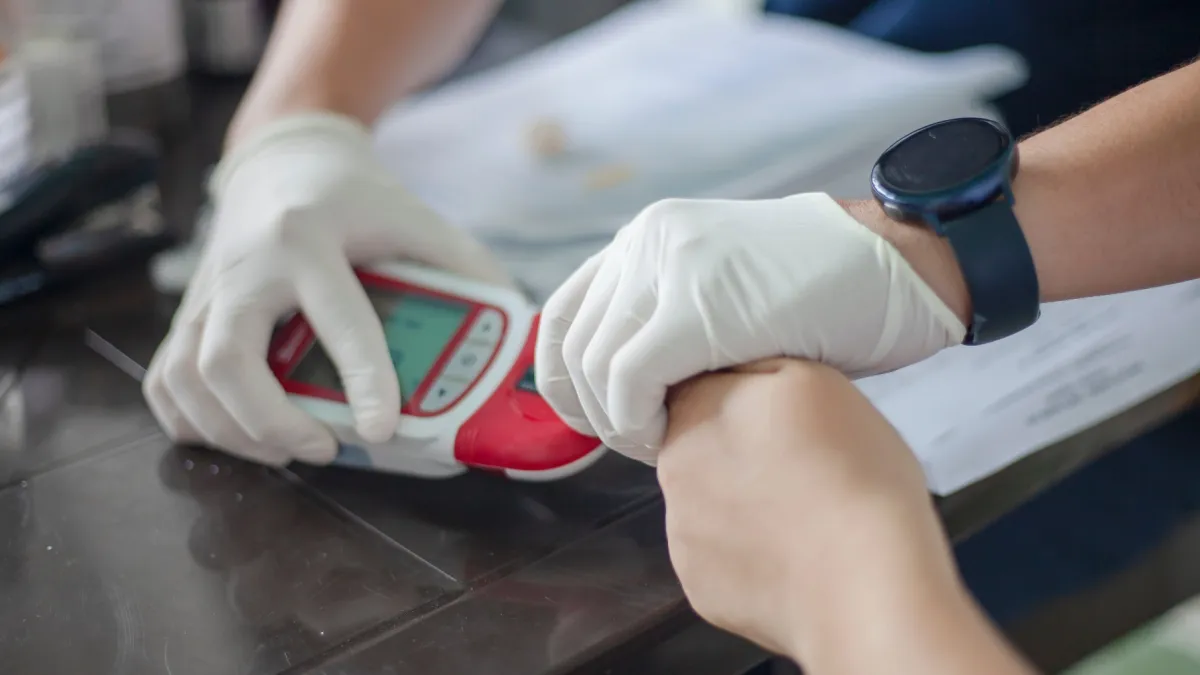



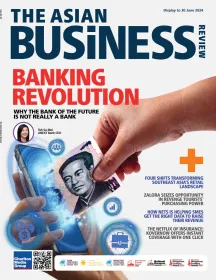
 Advertise
Advertise



